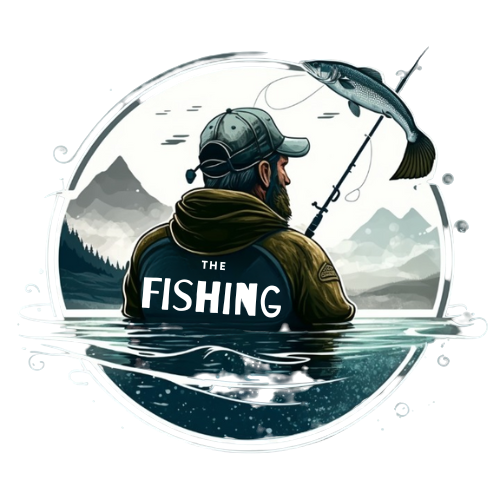Imagine the serenity of a quiet lake, the gentle tug on your fishing line, and the thrill of catching a fish, only to release it back into the waters. This practice, known as catch and release, is embraced by many anglers who fish not for the catch but for the experience. But a pressing question lingers: Do you need a fishing license for catch and release?
The short answer is Yes, you need a fishing license for catch and release in most states. A fishing license is mandatory to fish in public waters, irrespective of your intention to keep or release the fish.
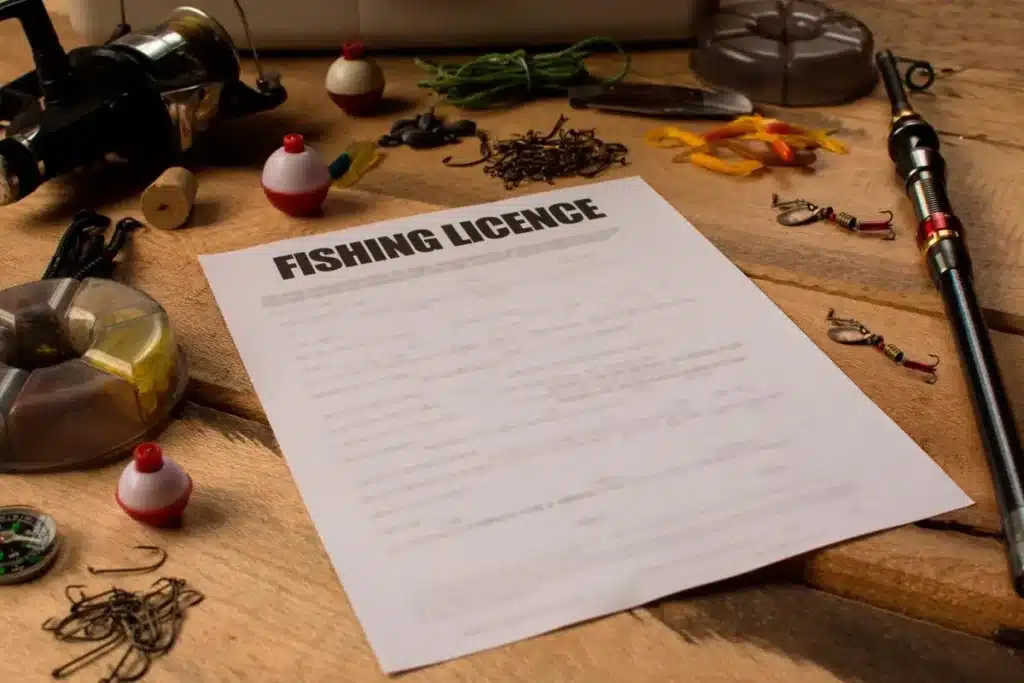
This might seem surprising to some, especially those who practice catch and release, believing they’re causing no harm.
However, fishing licenses play a pivotal role in fish conservation and the management of aquatic ecosystems.
In this comprehensive guide, I’ll delve deeper into the importance of fishing licenses, even for catch and release, and explore the nuances of fishing regulations across various regions.
Table of Contents
- The Concept of Catch and Release
- The Role of Fishing Licenses
- Do You Need a Fishing License for Catch and Release?
- Variations in Fishing License Requirements
- Special Cases and Exceptions
- The Consequences of Fishing Without a License
- Benefits of Obtaining a Fishing License
- How to Obtain a Fishing License
- Conclusion
The Concept of Catch and Release
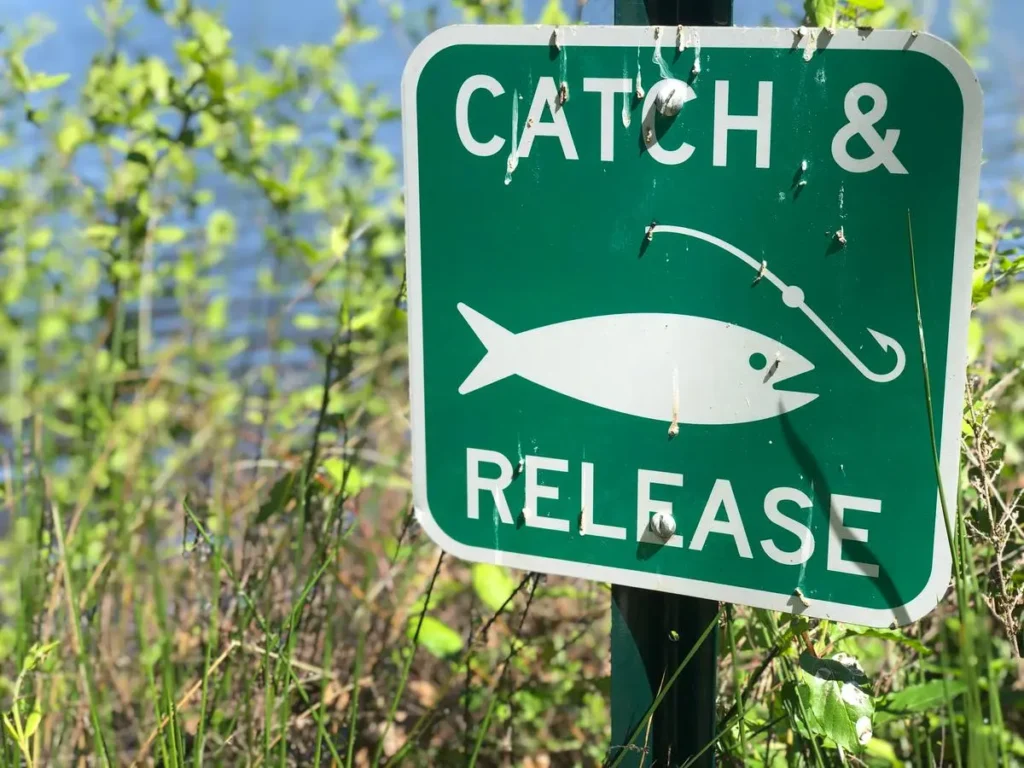
Catch and release is a fishing practice where the angler captures the fish and then releases it back into the water, alive and unharmed. This method is often adopted for several reasons:
- Conservation: To ensure the survival of fish species and maintain a balanced ecosystem.
- Sport: Some anglers enjoy the thrill of the catch but have no desire to keep or consume the fish.
- Size and Species Regulations: Fish that don’t meet specific criteria, be it size or species, are released back.
The Role of Fishing Licenses
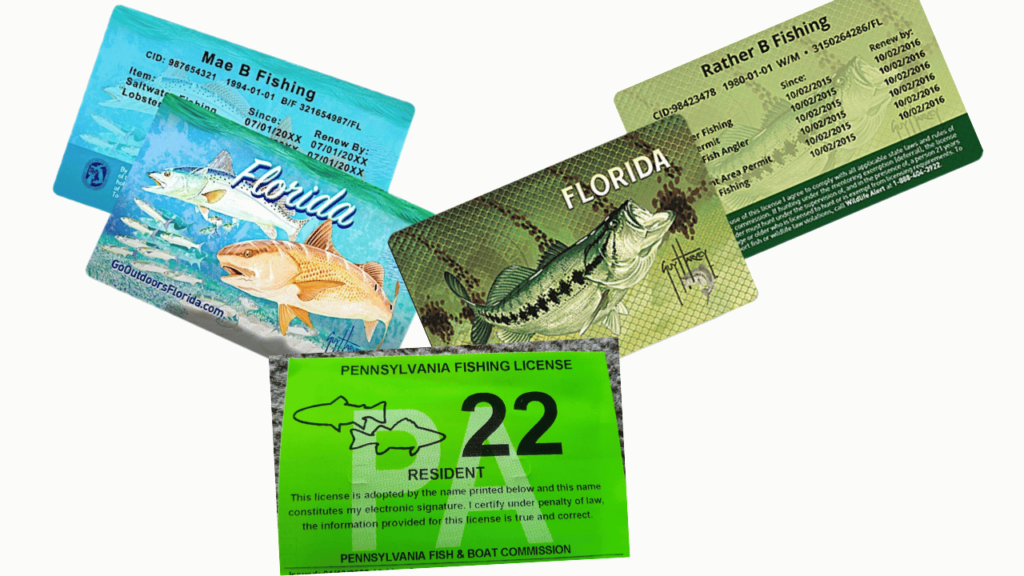
Fishing licenses are not just a bureaucratic formality. They serve several crucial functions:
- Funding Conservation Efforts: The revenue generated from fishing licenses directly funds conservation programs, habitat restoration, and fish stocking.
- Research: Licenses fund research into fish populations, health, and migration patterns.
- Regulation and Enforcement: They help in the enforcement of fishing regulations, ensuring sustainable fishing practices.
| Purpose of License | Benefit to Ecosystem |
|---|---|
| Funding Conservation | Healthy fish populations |
| Research | Informed conservation strategies |
| Regulation | Sustainable fishing practices |
Do You Need a Fishing License for Catch and Release?
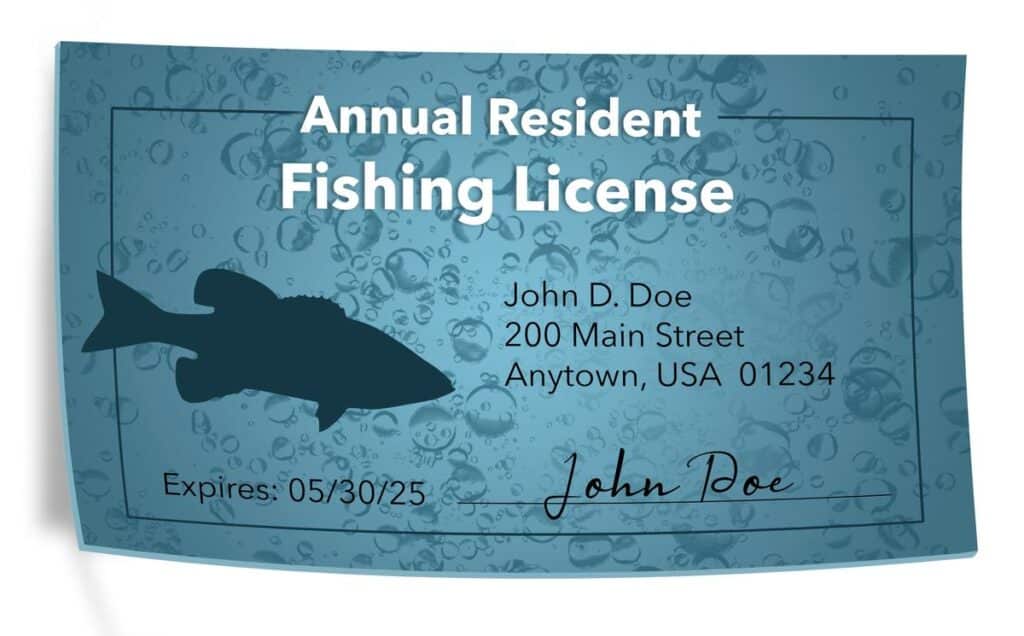
As stated earlier, the answer is a resounding Yes.
Even if you plan to release the fish, the act of fishing in public waters requires a license in most states.
This is because the very act of fishing, even catch and release, can impact fish populations.
Hooks can injure fish, and not all released fish survive.
The licensing process ensures that anglers are educated about proper catch and release techniques to minimize harm.
You may also like to know: How much is a fishing license cost?
Variations in Fishing License Requirements
Different states and countries have their own sets of regulations when it comes to fishing licenses. For instance:
- California: Allows fishing without a license on public piers and on free fishing days.
- Maine: Requires a license for both freshwater and saltwater fishing.
- Louisiana: Offers a special license for catch and release in specific zones.
| State/Country | License Requirement |
|---|---|
| California | Public piers & free fishing days |
| Maine | Freshwater & Saltwater |
| Louisiana | Zone-specific |
Special Cases and Exceptions
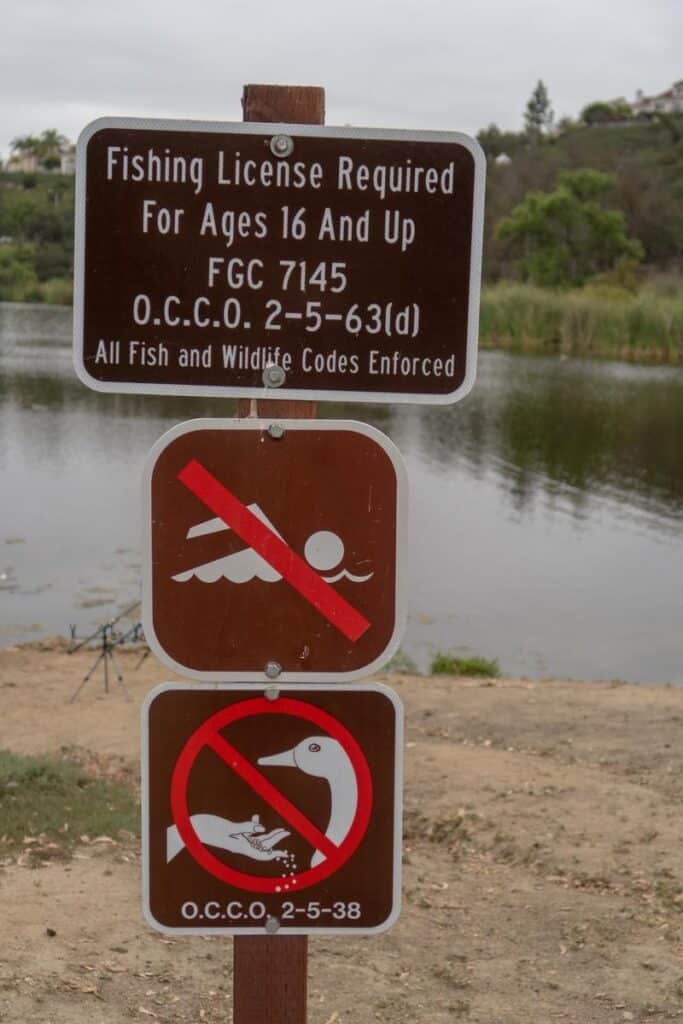
While the general rule is that a fishing license is required, there are exceptions based on age, location, and individual circumstances:
- Age: Many states offer free licenses or reduced fee licenses for young anglers (e.g., under 16) and senior citizens (e.g., over 65).
- Private Property: If you’re fishing on private property, and the waterbody doesn’t connect to state waters, you might not need a license. However, this varies by state.
- Disabled Individuals: Some states offer special licenses or exemptions for individuals with disabilities.
The Consequences of Fishing Without a License
Fishing without the necessary license can lead to:
- Fines: The most immediate consequence is a fine, which can vary significantly based on the state and the nature of the violation.
- Confiscation: In some cases, your fishing equipment can be confiscated.
- Legal Repercussions: Repeat offenses can lead to more severe legal consequences, including potential jail time in extreme cases.
Benefits of Obtaining a Fishing License
Beyond the legal requirement, there are several benefits to obtaining a fishing license:
- Support Conservation: Your license fee directly supports fish conservation efforts.
- Stay Informed: With a license, you’ll receive updates on fishing regulations, ensuring you’re always compliant.
- Peace of Mind: With a valid license, you can fish with the peace of mind, knowing you’re following the rules and supporting conservation.
How to Obtain a Fishing License
Getting a fishing license is a straightforward process:
- Visit the official website of your state’s fish and wildlife agency. such as – For California https://wildlife.ca.gov/Licensing/Fishing
- Choose the type of license you need (e.g., freshwater, saltwater, combination).
- Provide necessary details such as age, residency status, and any other required information.
- Pay the fee and download/print your license.
License retailers:

- Sporting goods stores
- Bait and tackle shops
- Convenience stores
- Hardware stores
- State parks and wildlife offices
When purchasing a fishing license, you will typically need to provide your name, date of birth, and address. You may also need to provide your social security number.
Conclusion
The world of fishing is filled with joy, patience, and the thrill of the catch. But with this comes responsibility. Do you need a fishing license for catch and release? The answer, as we’ve explored, is a definitive Yes in most states.
By obtaining a fishing license, you’re not just following the law; you’re actively contributing to the conservation of fish populations and ensuring that future generations can enjoy the same fishing experiences that we cherish today.
